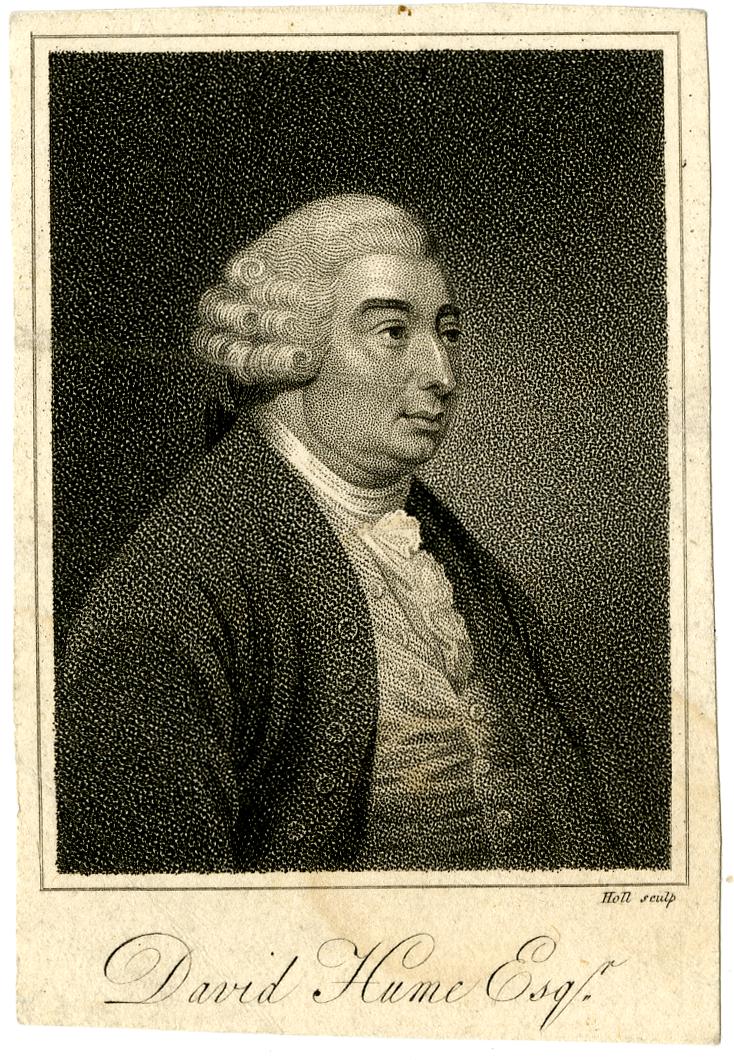Liberty Matters
On the Uses of Hume’s History

Much of the conversation now coming to an end has centered on Hume's History of England and on his use of history to serve his political philosophical purposes. Dan Klein has appealed to the History by citing more and more chapters and verses to illustrate and reinforce his thesis that "mere liberty" was central to Hume's concerns. Nicholas Capaldi concurs (having originally advanced the claim that liberty was the default value for the pluralist Hume), suggesting that getting the historical narrative right was important for Hume, as it must be for all defenders of (mere) liberty. Capaldi's response to the challenges put by those of us who dissent from his view has been to state that view anew, each time in slightly different form. I remain unconvinced by either of these scholars because I do not see that they have addressed the objections leveled against their views rather than simply supplied more of the same.
In Dan Klein's contributions, further citation of passages from Hume's History cannot establish the truth of the claim that what he has in mind is "mere liberty," or of the view that mere liberty was central to his concern. Hume uses the word "liberty" about 700 times in the History. He uses the word "authority" just shy of 2,000 times. Repeated reference to the passages discussing or using the term "authority" would not do if one wished to persuade a reader that "authority" was Hume's central preoccupation. Nor would it help to untangle the meaning of "authority" in Hume's analysis. To my mind, the notion of "mere liberty" remains as obscure as ever and the thesis that liberty is central to Hume's thought still merely asserted with conviction rather than defended with argument supported by evidence.
If Klein has tried to persuade by citing chapter and verse from the texts in play, Capaldi has tried to do so by re-presenting the sweeping narrative that is his reading of the history of philosophy from the demise of ancient certainties to the emergence of modern thought freed from the shackles of teleology and an implausible metaphysics. His own narrative style of argument is consistent with his assertion that we must understand the world historically, rather than scientifically or rationalistically as the defenders of the "Enlightenment Project" have proposed. Capaldi thus commends Hume: "what governs society is a narrative of how we understand our society and its history; hence the importance of getting the narrative correct — this is why Hume writes the History."
My objection to all this is essentially an Oakeshottian one. Oakeshott sought to protect the different modes of inquiry—philosophical, scientific, and historical—from domination by practical concerns. Genuine historical inquiry is about a past that is dead and gone and can have no practical relevance for us. Historical inquiry is explanatory and not a search for guidance. Works that tell stories from the perspective of the present, looking to offer such guidance or instruction, or narratives of progress, belong not to the discipline of history but to contemporary practical politics. What Capaldi has offered in this regard, in Oakeshottian terms, is not history but retrospective politics. This is not to disparage the enterprise; but it is not history.
The deeper problem, however, is that if we understand history as Oakeshott would have us do, we cannot say both that "what governs society is a narrative of how we understand our society and its history," and that what is necessary is "getting the narrative correct." Getting the history right is of importance only to historians, and there is no reason to think that a true history will be more useful than a highly imaginative one. What, then, is Hume doing: trying to get it right or crafting a narrative that will help him make his point?
What, indeed, is Nicholas Capaldi doing in supplying his own historical narrative? I am not sure I have the means to unravel that particular mystery, which may have to be left to future historians, or perhaps to readers with greater facility for handling esoteric writing than I.
Copyright and Fair Use Statement
“Liberty Matters” is the copyright of Liberty Fund, Inc. This material is put on line to further the educational goals of Liberty Fund, Inc. These essays and responses may be quoted and otherwise used under “fair use” provisions for educational and academic purposes. To reprint these essays in course booklets requires the prior permission of Liberty Fund, Inc. Please contact oll@libertyfund.org if you have any questions.